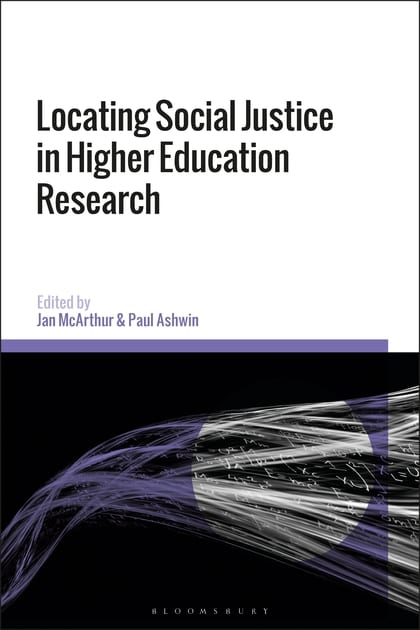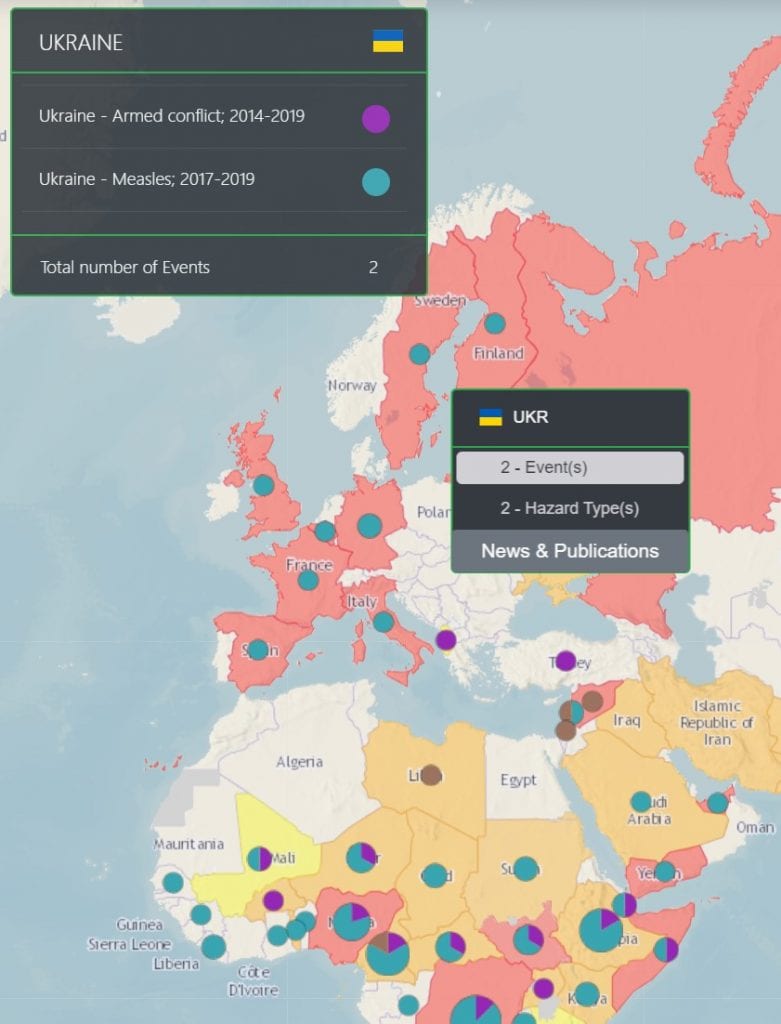
City of Boston
news, new scholarship & more from around the world


As a whole, the book argues that social justice needs to be more than a topic of higher education research and must also be part of the way that research is undertaken. Social justice must be located in research practices as well as in the issues that are researched.
